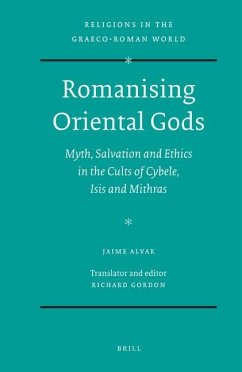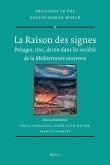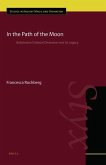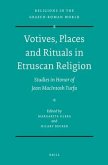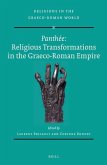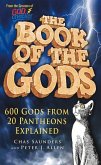The traditional grand narrative correlating the decline of Graeco-Roman religion with the rise of Christianity has been under pressure for three decades. This book argues that the alternative accounts now emerging significantly underestimate the role of three major cults, of Cybele and Attis, Isis and Serapis, and Mithras. Although their differences are plain, these cults present sufficient common features to justify their being taken typologically as a group. All were selective adaptations of much older cults of the Fertile Crescent. It was their relative sophistication, their combination of the imaginative power of unfamiliar myth with distinctive ritual performance and ethical seriousness, that enabled them both to focus and to articulate a sense of the autonomy of religion from the socio-political order, a sense they shared with Early Christianity. The notion of 'mystery' was central to their ability to navigate the Weberian shift from ritualist to ethical salvation.

